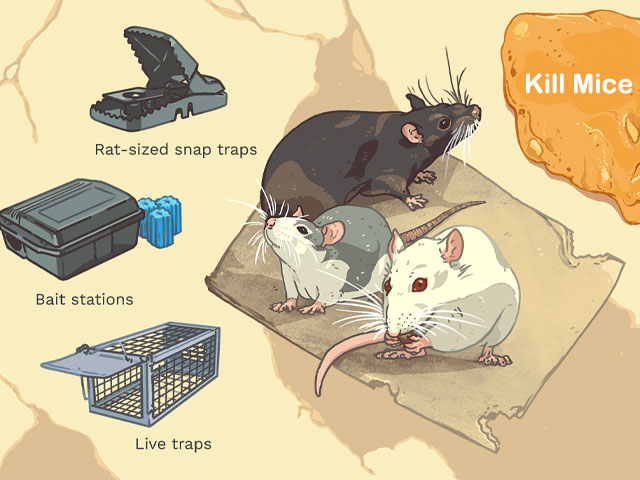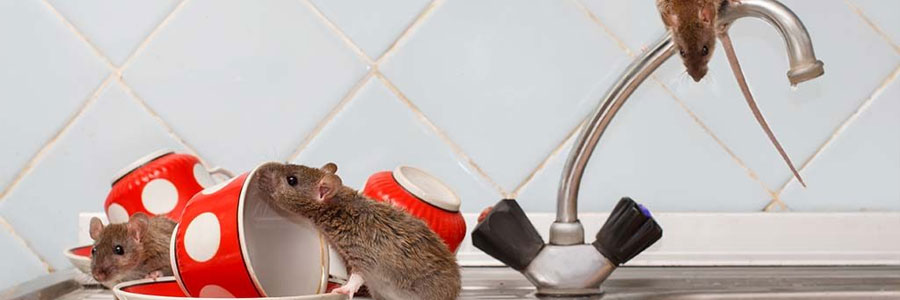
If you don’t like doing it yourself or using cruel methods to kill mice, such as glue traps, mouse traps, or mouse poisons, you can opt for some safe and non-toxic methods to get rid of mice. What foods kill mice? This article will introduce you to five folk remedies that can help you kill mice in your home.
#1 Rice/Wheat, Brown Sugar, and Cement Kill Mice
First, pour brown sugar, rice/wheat, and cement into your prepared container (a basin or bowl). If you need to kill mice in multiple areas, use more of these ingredients. Use a dry stick to mix the ingredients thoroughly. A warm reminder: the mixed materials must not come into contact with water, as cement loses its effectiveness when it gets wet.
Next, place the evenly mixed materials in locations where mice frequently appear and wait for the results.
Once a mouse comes out, it will definitely eat the rice/wheat because brown sugar has a sweet taste, rice/wheat has a fragrant smell, and cement is tasteless. When the mouse eats the rice/wheat coated with brown sugar and cement, the process is nearly complete. The cement will harden and clump when it comes into contact with the moisture or stomach acid inside the mouse’s stomach. The mouse will feel thirsty, and once it drinks water, the situation will become even more severe, eventually causing the mouse to swell up and die.
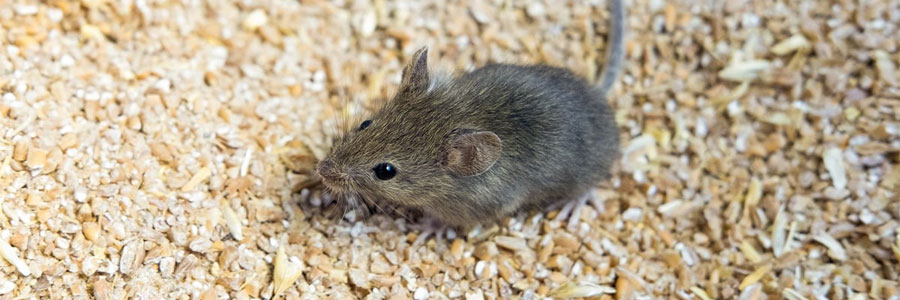
#2 Cocoa Powder and Lime Kill Mice
In your prepared container, mix cocoa powder and lime powder in a 1:1 ratio. The aroma of cocoa powder effectively attracts mice, while lime powder is toxic to mice when it comes into contact with water. Place the mixture in areas where mice frequently appear, such as corners, cabinets, storage rooms, etc. Place a small bowl of water near the mixture.
After eating the mixture, the mice will feel thirsty and go to drink the water. The lime powder will react with the water inside the mice’s bodies, causing a fatal effect. When the mice consume the mixture, the lime powder will react with the water in their bodies to form calcium hydroxide, which will severely damage their digestive systems and ultimately lead to their death.
#3 Instant Potato Powder Kill Mice
Instant potato powder is non-toxic and harmless to humans and pets. However, ensure that they do not come into contact with a water source after exposure to the potato powder to prevent any harm.
Find a discarded plate and sprinkle an adequate amount of instant potato powder on it. Place the container with the potato powder in areas where mice frequently appear, such as corners, cabinets, kitchens, etc. Put a small bowl of water near the potato powder. After eating the potato powder, the mice will feel thirsty and go to drink the water. The potato powder will quickly expand inside their bodies, and drinking water will cause the powder to swell further, leading to blockage in their stomachs and intestines, eventually causing their death.
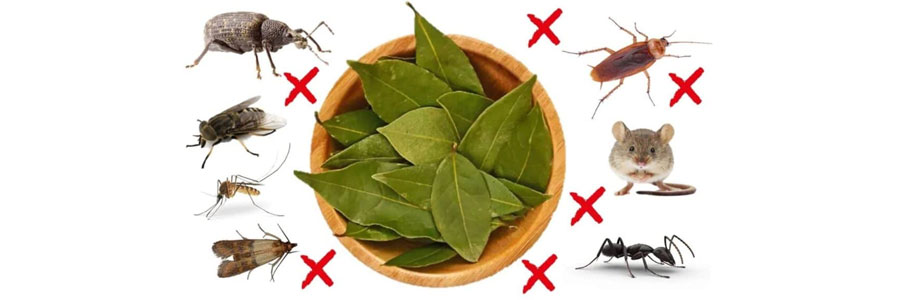
#4 Bay Leaf Kill Mice
Bay leaves are a common seasoning and medicinal plant widely used in cooking. Do bay leaves kill mice? They also have the effect of repelling mice and insects due to their strong, unique aroma that acts as a deterrent to many insects and rodents.
Purchase or gather some fresh or dried bay leaves. Place the bay leaves in areas where mice frequently appear, such as kitchens, cabinets, storage rooms, and corners. Ensure that the bay leaves cover all possible entry points and hiding spots for the mice. The fragrant smell of bay leaves is very attractive to mice. They might mistake the bay leaves for food, but once they eat them, they are likely to choke.
If you notice the aroma of the bay leaves weakening or the leaves diminishing, be sure to replace them promptly to ensure the complete eradication of these frequent visitors.
Bay leaves are a natural repellent. Using bay leaves to repel mice is a safe, effective, and environmentally friendly method that can help you solve your household mouse problem. I hope this information is helpful to you.
#5 Peppermint Oil Kill Mice
You can use cotton balls or small pieces of cotton cloth. Soak the cotton balls or cloth in peppermint oil, ensuring they fully absorb the oil. Alternatively, you can drip peppermint oil onto the cotton balls until they are thoroughly saturated.
Place the soaked cotton balls or cloth in areas where mice frequently appear, such as corners, cabinets, storage rooms, and kitchens. You can put the cotton balls on trays to prevent the peppermint oil from staining the floor. If you notice the scent weakening or the cotton balls drying out, check them every few days and replenish the peppermint oil or replace them with new cotton balls as needed.
Peppermint oil is a natural rodent repellent. It is easy to use and does not require complicated steps. However, the smell of peppermint oil is quite strong, so ensure that the room is well-ventilated. If you find the scent of peppermint oil uncomfortable, consider trying other mouse repellent methods.
Warm Reminders:
- If you have children or pets at home, make sure they cannot reach the materials used in these methods.
- Regularly check the materials used in these methods and replenish them as needed.
- If you find mouse carcasses, promptly dispose of them to prevent odors and the spread of bacteria.
Which Products Can Repellent Mouse Using Hebei Crown Wealth?
Mouse traps are available to capture a range of common household and market-condition animals including rats & mice, and other rodents. Our range includes humane, live catch traps, multi-catch traps, and snap traps. Our traps are made from commercial-grade materials and are built to last.
Extremely simple operation
Easy to bait, set and release
Made from durable galvanized steel or plastic for extra strength and corrosion resistance
Feel free to contact us and send your inquiries!
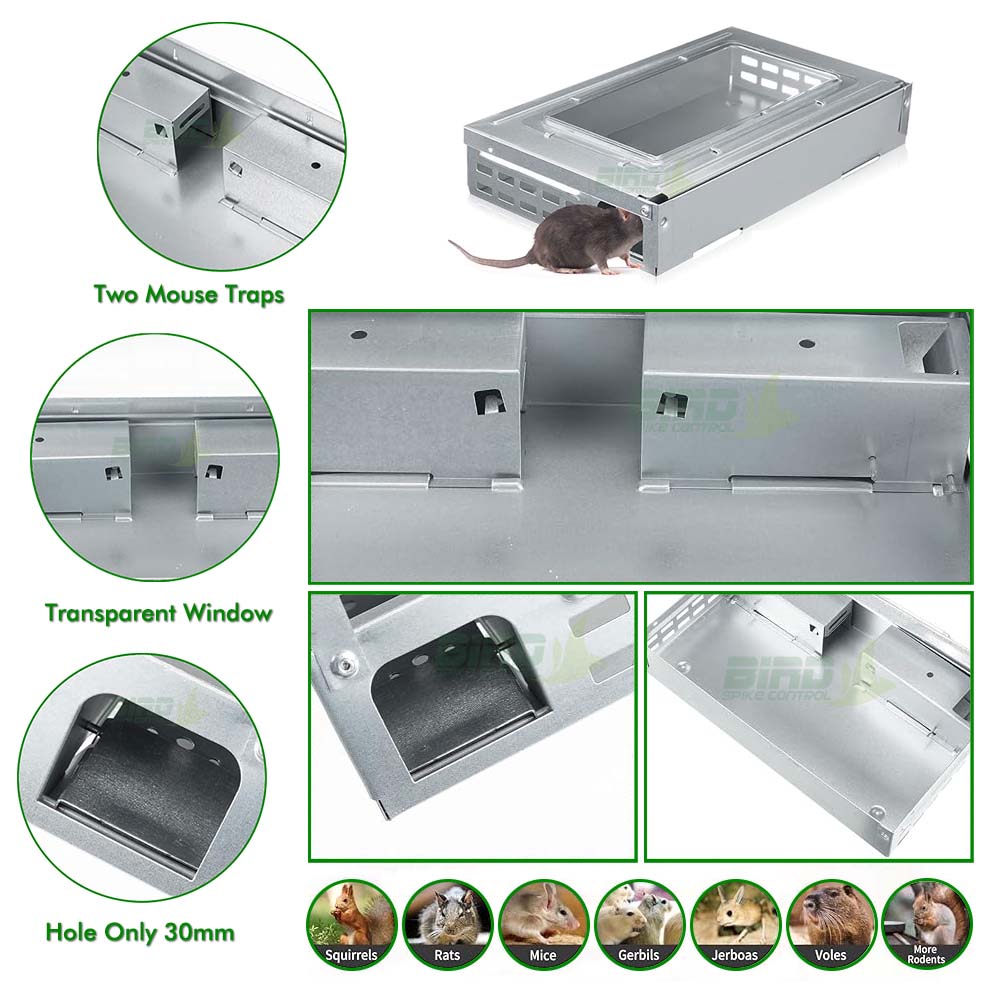 |
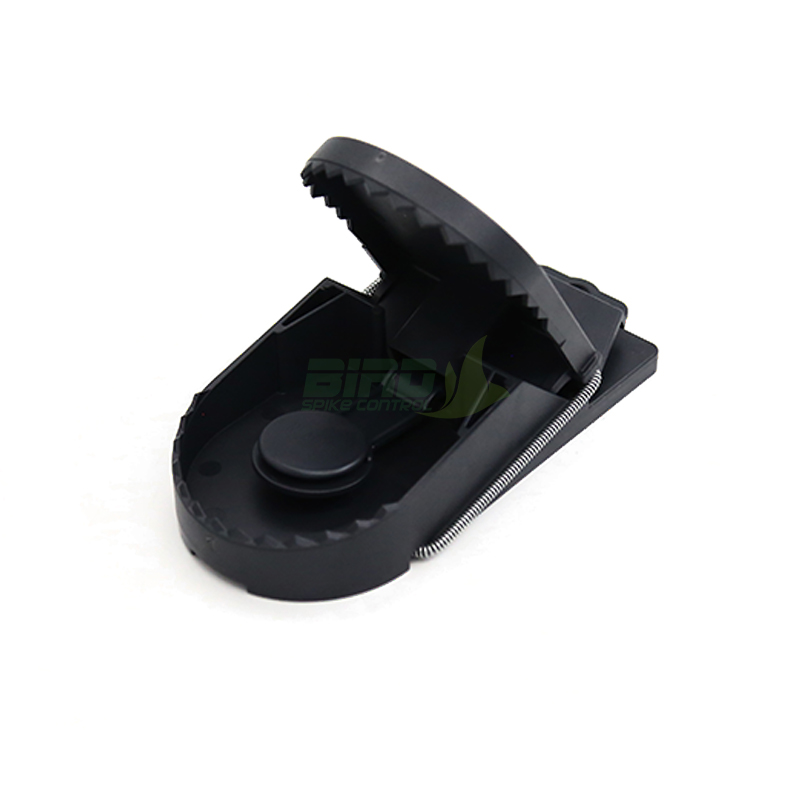 |
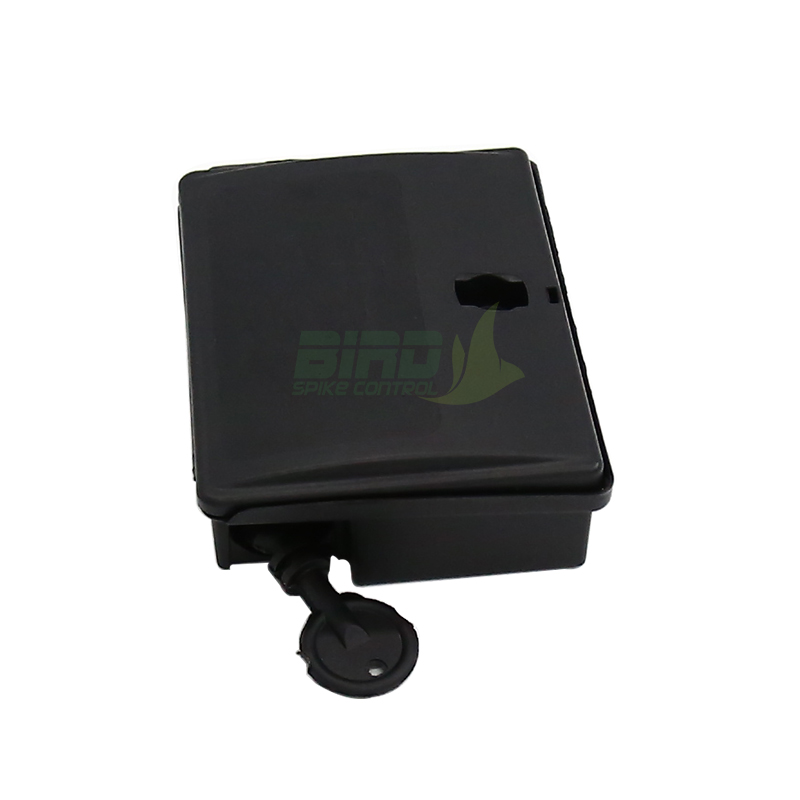 |
 |
Conclusion
Mice can indeed be troublesome, but there are many natural and humane methods to effectively repel them. You can create homemade repellent solutions, set mouse traps, or use natural predators to effectively drive repellent mice away. Tailor your rat control methods to the specific needs of your home environment, and it is important to consistently implement these methods. Establishing an environment that deterrents mice is crucial for keeping your home healthy and clean.
FAQ
What Diseases Do Mice Carry?
- Plague
- Salmonellosis
- Leptospirosis
- Lymphocytic Choriomeningitis, LCM
- Hantavirus Pulmonary Syndrome, HPS
- Hemorrhagic Fever with Renal Syndrome, HFRS
Diseases carried by mice pose a serious threat to human health and are primarily transmitted through contact with mouse urine, feces, saliva, or by inhaling aerosolized particles containing the virus.
Why Is There a Mouse in My House?
Your home may have uncovered food, leftover food crumbs, clutter accumulation, comfortable environments, unsealed gaps, and open pipe passages, all of which attract mice. Without control, they will reproduce, and eventually, you’ll have a mischievous group of mice as roommates.
What Is The Best Mouse Bait?
High-calorie foods: Such as delicious peanut butter, hazelnut spread, chocolate, or buttered popcorn are favorites of mice.
Nesting materials: Include cotton balls, dental floss, yarn, and twine, which mice use to build nests.
How to Make Easy DIY Mouse Traps?
- Take a cardboard piece and fix a small weight on one end (lighter than the weight of a mouse). On the other end, use tape to attach bait (peanut butter works well).
- Secure a stick on the cardboard and place it balanced on top of an oiled bucket.
- Mice will attempt to climb onto the cardboard to eat the bait and subsequently fall into the oiled bucket.
How to Prevent Mice in House?
Store food in sealed containers, maintain cleanliness in the area, and promptly clean up residues and garbage.
Repair cracks, and holes in walls, floors, doors, and windows, and seal openings around pipes.
Regularly clear clutter and avoid storing large amounts of paper, fabric, and other materials that mice could use for nesting.
Use glue traps, mousetraps, or natural repellents like bay leaves, peppermint oil, etc., and place them in areas where mice frequent.
How Does Poison Kill Mice?
Poisons used to kill mice typically work by interfering with their ability to clot blood (inhibiting the production of vitamin K). Without it, they suffer from uncontrollable internal bleeding, ultimately resulting in death. Some acute poisons also affect the nervous system or disrupt essential cellular functions vital for life, causing mice to die either immediately or rapidly.
Does Boric Acid Kill Mice?
Boric acid is generally not used to kill mice. While it is an insecticide (for example, against cockroaches and ants) and has some toxicity to rodents, its effectiveness in directly killing mice is limited. Boric acid functions as a gastric poison for mice, causing harm only if they ingest enough of it. Additionally, boric acid has a strong odor that mice avoid, making it useful as a repellent mouse rather than to kill mice against them.



